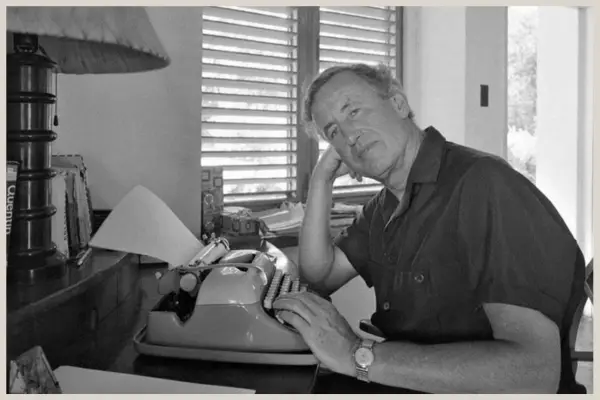Ian Fleming’s Estate To Allow Edits of Bond Classics
The iconic James Bond, born from the genius of Ian Fleming, has always evolved with the times. And recent announcements from Fleming’s estate reveal a decisive move: they have permitted edits to certain passages in the cherished Bond novels.
The estate firmly believes that had Fleming been present today, he would have been supportive of these alterations. As of last week, it has become clear that these legendary spy tales have been refined to remove specific racial language and references.
Delving into the archives on the official Ian Fleming website, the estate recalls a time in the 1950s when Fleming found himself considering similar revisions.
When the 1954 Bond novel Live and Let Die was gearing up for its US publication in 1955, Al Hart, an editor at Fleming’s US publisher, Macmillan, approached him with a series of recommended edits. “Some of these corrected minor factual errors. Others deleted or changed passages or words Hart felt were racially troubling, even then,” the estate recollects.
And while the UK edition went largely unaltered, for Fleming’s US audience, Hart’s recommendations were taken on board. In a telling reflection of Fleming’s attitude, the estate revealed, “from his letters, it seems Fleming preferred the US version.”
Story continues below…
>> Get the first edition Fleming novels <<
70 Years On: Revisiting and Reviewing the Bond Legacy
With the 70th anniversary of Casino Royale, Fleming’s first entry into the Bond series, on the horizon, the estate faced a pivotal decision, after no doubt coming under pressure. They asked themselves, “As the author’s literary estate and now publishers, what responsibility did we have, if any, to review the original texts?”
The estate say they turned to external experts, but ultimately they leaned into Fleming’s own precedent set with the US edition of Live and Let Die. The estate detailed their approach:
“We took that as our starting point, but felt strongly that it was not our role to comb out every word or phrase that has had the potential to offend. We thus decided to apply the sensibilities of the original US edition of Live and Let Die consistently, across all the texts.”
This isn’t to say that all Bond books underwent these revisions. In fact, some, like Casino Royale, remain true to their original form. The estate reassures Bond purists and new readers alike:
“We are certain Ian Fleming would approve these edits, just as he approved the changes to the US edition of Live and Let Die, and we encourage people to read the books for themselves when the new paperbacks are published”

Bond’s Cultural Footprint: Navigating Legacy and Sensitivity
In the world of literature, few characters have captured the global imagination as James Bond has. “In James Bond, Ian Fleming created one of the most famous literary characters in history. His books deserve to be read and enjoyed as much now as when they were written,” states the estate.
However, with modern sensibilities in mind, terms like the N-word have been removed. Still, certain “dated references” pertaining to other ethnicities persist. Whether readers find this balance satisfactory remains to be seen.
>> Get the first edition Fleming novels <<
Ultimately, the estate believes they’re staying true to Fleming’s vision while making the series more accessible to contemporary readers: “We believe the new Bond editions will extend their pleasure to new audiences. We are certain that is something Ian Fleming would have wanted.”
As an aficionado of Bond for almost half a century, I must express my reservations. Timeless literature, in my view, should remain untouched. Words will invariably resonate differently with diverse readers, but in the grand tapestry of storytelling, it’s an impossible task to cater to every individual sentiment.





